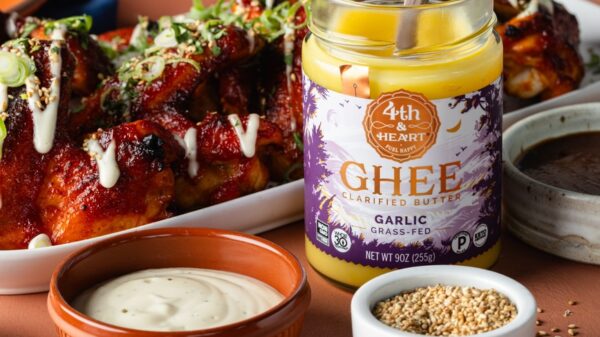1. Vegan food is flavorful! Most people think a vegan diet means tasteless food and poorly-disguised fake meat. While in the past this may have been true, vegan recipes have evolved and today there is a wealth of vegan fare bursting with flavor, from barbeque classics and chili to lasagna and other Italian favorites that are prepared with a heightened health factor since fresh vegetables, fruits nuts and seeds are often key ingredients. Spices, herbs, sauces, fresh ingredients and inspired culinary vision have made the modern vegan diet quite tasty!2. It’s a fruit feast. Those trying to reduce dietary sugar are reluctant to eat a lot of fruit, but the vegan diet allows for as much fruit as you desire. If you minimize or eliminate the consumption of complex carbohydrates like bread, rice and pasta, which all break down to sugar, you can add more fruit to your diet—also beneficial since fruit also contains fiber and enzymes that help you maintain and regular functioning system, while the starchy carb counterparts can clog you up and slow your metabolism.
3. Meaty matters. It’s been shown that releasing meat from your diet—as vegans do—can protect you from many degenerative diseases. Meat quality remains an issue in the marketplace, while issues of toxicity, contamination and excessive hormones and chemicals abound. Even if you happen to eat the best quality meat products when dining at home, fast food and other restaurants are generally not as discriminating.
4. Eco-friendly epicure. The vegan lifestyle causes less environmental damage and consumes fewer resources. Organizations such as PETA point out that animal agriculture is linked to climate change, water pollution, land degradation, a decline in biodiversity, and that a commercially available animal-based diet uses more land, water, and energy than a strictly vegetarian one, as cited on Wikipedia. With this in mind, a striking report out of the University of Chicago found that switching from the standard American diet to a plant-based one reduces more greenhouse emissions per person per year over switching from standard sedan like a Toyota Camry to a hybrid Toyota Prius, proving that what you choose to eat could do more to offset greenhouse gas emissions than what you choose to drive. So, if you want to reduce your carbon footprint go vegan…even for just 10 days.
5. Go ahead and indulge! The vegan lifestyle is not about deprivation. You can still enjoy favorite treats like ice cream, cheesecake, and many other desserts. Of course, as with any wellness regime, those with a sweet tooth must still heed the calorie and fat consumption.
6. Body benefits abound. The vegan diet tends to be higher in dietary fiber, magnesium, folic acid, vitamin C, vitamin E, iron, and phytochemicals, and lower in calories, saturated fat, and cholesterol. Eating vegan has proven to control allergies, PMS, and depression. This is helped, in part, by avoiding the hormones, antibiotics, and antidepressants among other chemicals found in meat products. The vegan lifestyle also promotes healthier hair, skin and nails since mineral absorption is optimized with an animal-free diet. And, it’s been well-reported that eating more fresh fruits and veggies reduces the risk of breast cancer, colon cancer, heart disease and other deadly conditions. Press Source Karen Hayhurst































